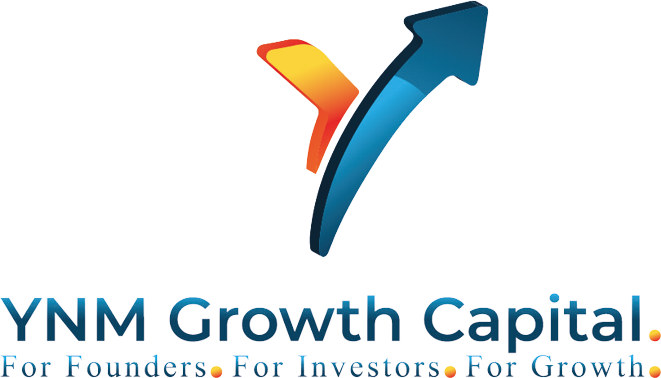The Next Five Years in Venture Capital

A Guide to the Shifting Landscape
After nearly two decades in venture capital, I’ve learned that the only constant is change. We’ve weathered the dot-com boom and bust, the rise of mobile, and the dawn of the cloud. Yet, the shifts we are witnessing today feel more fundamental, a tectonic realignment of the principles that have governed our industry for a generation. For the founders building the future and the investors backing them, understanding the new terrain is not just advantageous; it is essential for survival.
Looking ahead at the next five years, the noise of quarterly trends fades, and a clearer picture of the future emerges. I see five pivotal forces that will define the next era of venture capital.
1. The AI Revolution: From Thesis to Toolkit
First, and most profoundly, is the ubiquity of Artificial Intelligence. For years, AI was an investment category; now, it is the bedrock of our industry. But the story isn’t just about where the capital is flowing. It’s about how we, as investors, operate. Our own playbook is being rewritten by machine learning. AI is no longer a buzzword on a pitch deck; it’s a critical tool in our own arsenal. We are now using sophisticated algorithms to supercharge deal sourcing, scanning millions of data points to unearth promising companies far beyond our traditional networks. Our due diligence has become faster and deeper, with AI analysing everything from financial models to customer sentiment. This move from gut-feel to data-driven conviction is the most significant operational change I’ve witnessed in my career.
2. The New Economics: Navigating a Higher Cost of Capital
The second major shift is the new economic reality. The era of zero-interest-rate policy – the ‘free money’ decade – is definitively over. This has brought a welcome, if sometimes painful, return to discipline. The cost of capital is now a primary consideration in every investment decision, and the mantra has shifted from ‘growth at all costs’ to sustainable, capital-efficient growth. For founders, this means the spotlight is firmly on unit economics and a credible, demonstrated path to profitability. For investors, it demands a more rigorous approach to valuation and a greater focus on businesses with resilient models that can weather economic uncertainty.
3. The End of Geography (Almost): Global Talent, Local Hubs
Third, the tyranny of geography is finally dissolving. While Silicon Valley remains a vital centre of innovation, it no longer holds a monopoly on transformative ideas. The next world-beating company is just as likely to be born in a lab in Cambridge, a co-working space in Manchester, or a university spin-out from Edinburgh. We are seeing formidable tech hubs flourish across the globe – from London and Berlin to Bengaluru and Singapore. The widespread adoption of remote and hybrid work has untethered talent from location, creating a global marketplace for skills and ideas. As a firm, our mindset has become global by default, seeking out the brightest founders, wherever they may be.
4. The Re-architecting of the VC Firm Itself
Fourth, the very structure of our teams is transforming. The traditional model of a small group of generalist partners is becoming a relic. To win the best deals and provide meaningful value, funds are now built more like modern tech companies. We are actively hiring data scientists to sharpen our investment theses and operating partners with deep, practical experience in specific functions – think a former Chief Marketing Officer who can help a portfolio company scale its go-to-market strategy, or a talent specialist with a “black book” to help build a world-class engineering team. This is the rise of the ‘platform team’, an in-house group of experts dedicated to helping founders with the gritty, operational challenges of company building. Capital is a commodity; deep, functional expertise is the new differentiator.
5. The Generational Shift: Investing with Purpose
Finally, a profound generational shift in mindset is reshaping the very soul of venture capital. The new wave of Millennial and Gen Z founders are driven by a dual mandate: profit and purpose. They are building companies to solve real-world problems, from climate change to healthcare inequality. They expect their investors to be partners not just in growth, but in vision and values. This has moved ESG (Environmental, Social, and Governance) criteria from a box-ticking exercise to a core part of due diligence. This is not a fleeting trend; it is a fundamental re-architecting of the founder-investor relationship, and for those of us who have been in this business for the long haul, it’s an invigorating and vital evolution.
The road ahead will be complex, but for those who embrace these five changes, the opportunities to back truly transformative companies have never been greater. The future of venture capital will be more intelligent, more disciplined, more specialised, more global, and more conscientious. And frankly, that’s a future I’m excited to be a part of.


